Cryptocurrency taxation in Germany

The German Federal Central Tax Office or Bundeszentralamt für Steuern (BZSt) treats Bitcoin and cryptocurrencies as private money for tax purposes, making German cryptocurrency tax laws easier to understand and more generous than many other countries. Some have gone as far as calling Germany a cryptocurrency tax haven.
The most common factors affecting how Bitcoin and other cryptocurrencies are taxed in Germany are as follows:
1. How long you’ve held the digital asset
2. Your income bracket
Table of Contents
- Income Tax
- Identifying lots
- What if I use my bitcoin to buy something? Do I still have to pay taxes?
- Is there a tax exemption for small crypto purchases in Germany?
- What if I'm paid in bitcoin? How will I be taxed?
- Does trading bitcoin for another cryptocurrency count as a taxable event?
- How does German tax law treat cryptocurrency airdrops?
- How does German tax law treat cryptocurrency forks?
- How am I taxed on interest earned from cryptocurrencies?
- How does German tax law treat cryptocurrency staking?
- Is there software to help with crypto tax reporting?
Income Tax
Cryptocurrency held less than a year is subject to income taxes. If you are trading cryptocurrency, anytime you sell an asset for more than you paid for it, you are subject to income tax. The gain amount is calculated by subtracting your cost basis (the amount you paid for the asset after fees) from your realized amount (what you ended up with, after fees, when you sold). When it comes to cryptocurrencies, in Germany you are subject to income tax not only when you sell cryptocurrencies for Euros, but also when you trade them for other cryptocurrencies.
Ok, let's look at a simple example. Imagine you bought 1 BTC for 10,000€ on January 1st and sold it for 15,000€ six months later on June 1st. In this scenario, your cost basis is 10,000€ and your realized amount is 15,000€, so your earnings are 5,000€. This is the amount you'll be obliged to pay taxes on. Simple enough.
But how much tax do you have to pay? This will depend on:
- Your income bracket. Being in a higher income bracket subjects you to a higher tax rate on your capital gains.
- How long you held the investment. If you held for less than a year, the gains are added to your 'ordinary' income. If you held the asset for more than a year, you do not have a tax liability on your earnings. Yes, all gains are tax free!
- The amount of total cryptocurrency earnings. If you do sell cryptocurrency within a year, there is a 600€ allowance. Any earnings up to 600€ are not taxed.
Crypto Tax Overview - Understand how crypto is taxed in general and how to stay compliant globally.
Need a full guide tailored to common tax scenarios? Check out our Ultimate Crypto Tax Guides.
Identifying lots
Say you buy one bitcoin at 10,000€ and one more at 20,000€. Later, you sell one coin for 15,000€. Did you incur a gain or a loss? The answer is not clear.
The German tax authorities have yet to specify a required accounting method, however first-in, first-out (FIFO) has been commonly used. Using FIFO, you’d have made a 5,000€ gain.
What if I use my bitcoin to buy something? Do I still have to pay taxes?
Converting bitcoin to goods or services is treated no differently than selling bitcoin on an exchange. This means that the above-described rules apply. Let's look at an example:
Imagine you bought 1 BTC for 10,000€ on January 1st. By June 1st, the price of Bitcoin has doubled to 20,000€. With your new-found wealth, you decide to buy a 20,000€ car using your 1 BTC. What you may not realize is that the moment you send your BTC to the seller to pay for the car, you're incurring a 10,000€ gain. This is a taxable event, meaning you'll need to factor it into your tax report.
Of course, you can avoid this tax if you hold the 1 BTC for a year before you make the purchase. After one year, the cryptocurrency transaction is not subject to taxes.
To reduce your tax liability, explore Crypto Tax Strategies.
Is there a tax exemption for small crypto purchases in Germany?
There is an allowance of 600€ from cryptocurrencies bought and sold within the same year. Otherwise, all cryptocurrencies held for over a year are tax exempt.
What if I'm paid in bitcoin? How will I be taxed?
Being paid in cryptocurrency subjects you to income tax the same way getting paid in Euros does. Any cryptocurrency received as income is taxed at the current market value at the time you receive it.
Does trading bitcoin for another cryptocurrency count as a taxable event?
Yes. When you sell one cryptocurrency you’ve held for less than a year for another, it's considered a taxable event, meaning you'll need to determine your cost basis and report earnings. You can avoid this by holding the first cryptocurrency (bitcoin, in this case) for at least one year.
How does German tax law treat cryptocurrency airdrops?
There are two types of airdrops: ones you provide services for with the expectation of payment, and ones you do nothing in return for. In the first case, there should be a record of a purchasable transaction, or how much your work is valued at. In the absence of a purchasable transaction, as is true most of the time, the sale of airdropped tokens are tax-free.
How does German tax law treat cryptocurrency forks?
If you sell a cryptocurrency fork within a year, your cost basis is calculated at the moment the fork occurred. After holding the fork one year, selling the cryptocurrency is tax-free.
How am I taxed on interest earned from cryptocurrencies?
A growing number of bank-like platforms allow you to earn interest on cryptocurrencies like Bitcoin and Ether. In this model, the platform takes possession of your cryptocurrencies, and pays interest - typically at monthly intervals. Under German tax law, this interest is taxable income. Additionally, cryptocurrency lent to earn interest must be held for 10 years to be tax-free, not the usual 1 year.
How does German tax law treat cryptocurrency staking?
Any profit made from staked cryptocurrencies is taxable, and should be reported as ‘other income.’ Any cryptocurrency that is staked cannot be sold tax-free after 1 year. Instead, cryptocurrency that has been staked must be held for 10 years to be tax exempt.
Is there software to help with crypto tax reporting?
Since cryptocurrencies are both an investment vehicle and a medium of exchange, reporting your taxes correctly can be an extremely time consuming task. Further, tax laws are rapidly evolving. Luckily there's a growing variety of tools that can help you comply. We recommend TokenTax, which is a crypto tax software platform and crypto tax calculator that vastly simplifies the process. It helps you connect to exchanges, track your trades, generate the needed forms, and automatically compile your tax report. Particularly if you intend to deploy strategies like tax-loss harvesting, you'll want to use capable software to ensure you minimize your tax burden.
Explore the Best Crypto Tax Software to simplify your reporting process.
If you're filing taxes yourself, you can also use these Essential Crypto Tax Forms to make sure you're submitting the right documents.
Related Crypto Tax Guides:
Get started by understanding the basics of cryptocurrency and explore decentralized finance (DeFi). Learn about Bitcoin, Ethereum, and altcoins. Also, discover how to buy and sell crypto.
Related guides
Start from here →
Crypto Tax Guide 2026
From Bitcoin to DeFi, NFTs, and staking rewards, every crypto transaction can create tax obligations. This guide explains global crypto tax rules, taxable events, and strategies to reduce liabilities.

Crypto Tax Guide 2026
From Bitcoin to DeFi, NFTs, and staking rewards, every crypto transaction can create tax obligations. This guide explains global crypto tax rules, taxable events, and strategies to reduce liabilities.

Cryptocurrency taxation in the UK
Get an overview of tax law as it applies to cryptocurrency in the United Kingdom.

Cryptocurrency taxation in the UK
Get an overview of tax law as it applies to cryptocurrency in the United Kingdom.

Crypto Taxes in the U.S.: Complete 2026 Guide
The IRS treats cryptocurrency as property, meaning every trade, sale, or income event is taxable. This guide explains IRS rules, forms, and strategies to report crypto correctly and reduce liabilities.

Crypto Taxes in the U.S.: Complete 2026 Guide
The IRS treats cryptocurrency as property, meaning every trade, sale, or income event is taxable. This guide explains IRS rules, forms, and strategies to report crypto correctly and reduce liabilities.

Canada Crypto Taxes in 2026: What the CRA Expects
A clear guide to how the CRA treats cryptocurrency as property, when gains are taxable, and how staking, mining, NFTs, and cross-border holdings should be reported to the CRA.

Canada Crypto Taxes in 2026: What the CRA Expects
A clear guide to how the CRA treats cryptocurrency as property, when gains are taxable, and how staking, mining, NFTs, and cross-border holdings should be reported to the CRA.

NFT Tax Guide 2026
NFTs create unique tax obligations for creators, collectors, and investors. This guide explains how NFTs are taxed worldwide, covering sales, royalties, staking, donations, and reporting requirements.

NFT Tax Guide 2026
NFTs create unique tax obligations for creators, collectors, and investors. This guide explains how NFTs are taxed worldwide, covering sales, royalties, staking, donations, and reporting requirements.

Crypto Airdrop Tax Guide 2026
Cryptocurrency airdrops may feel like free money, but tax authorities treat them as taxable income. This guide explains IRS rules, global tax treatment, reporting forms, and strategies to reduce liabilities.

Crypto Airdrop Tax Guide 2026
Cryptocurrency airdrops may feel like free money, but tax authorities treat them as taxable income. This guide explains IRS rules, global tax treatment, reporting forms, and strategies to reduce liabilities.
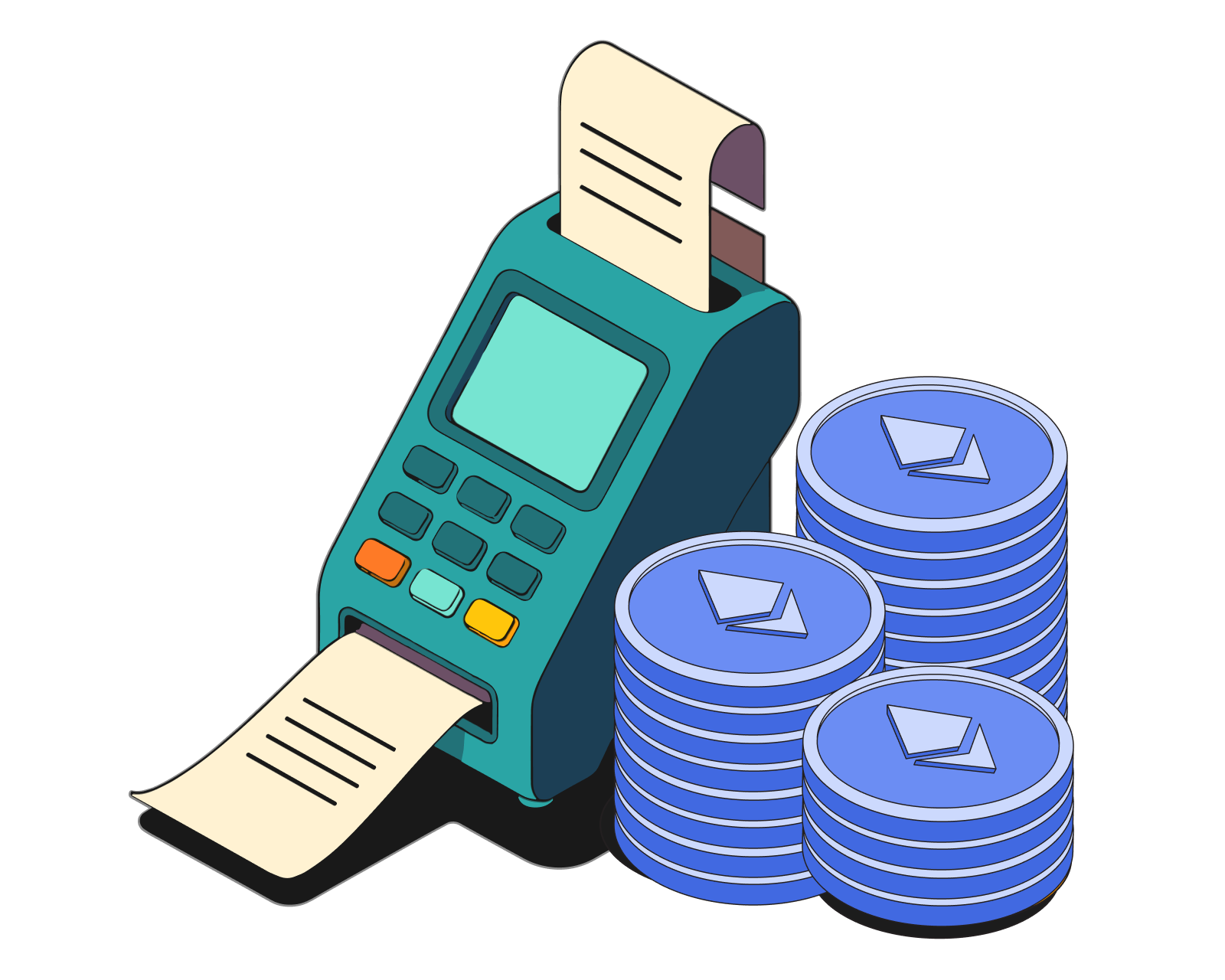
ICO Taxation Explained: Global 2026 Guide
ICOs create unique tax obligations for investors, traders, and founders. This guide explains how ICOs are taxed worldwide, covering utility vs. security tokens, taxable events, cross-border compliance, and reporting strategies.

ICO Taxation Explained: Global 2026 Guide
ICOs create unique tax obligations for investors, traders, and founders. This guide explains how ICOs are taxed worldwide, covering utility vs. security tokens, taxable events, cross-border compliance, and reporting strategies.

Bitcoin Mining Tax Reporting Guide 2026
Bitcoin mining rewards are taxable as ordinary income when received, with additional capital gains when sold. This guide explains global tax rules, reporting requirements, deductible expenses, and compliance strategies.

Bitcoin Mining Tax Reporting Guide 2026
Bitcoin mining rewards are taxable as ordinary income when received, with additional capital gains when sold. This guide explains global tax rules, reporting requirements, deductible expenses, and compliance strategies.
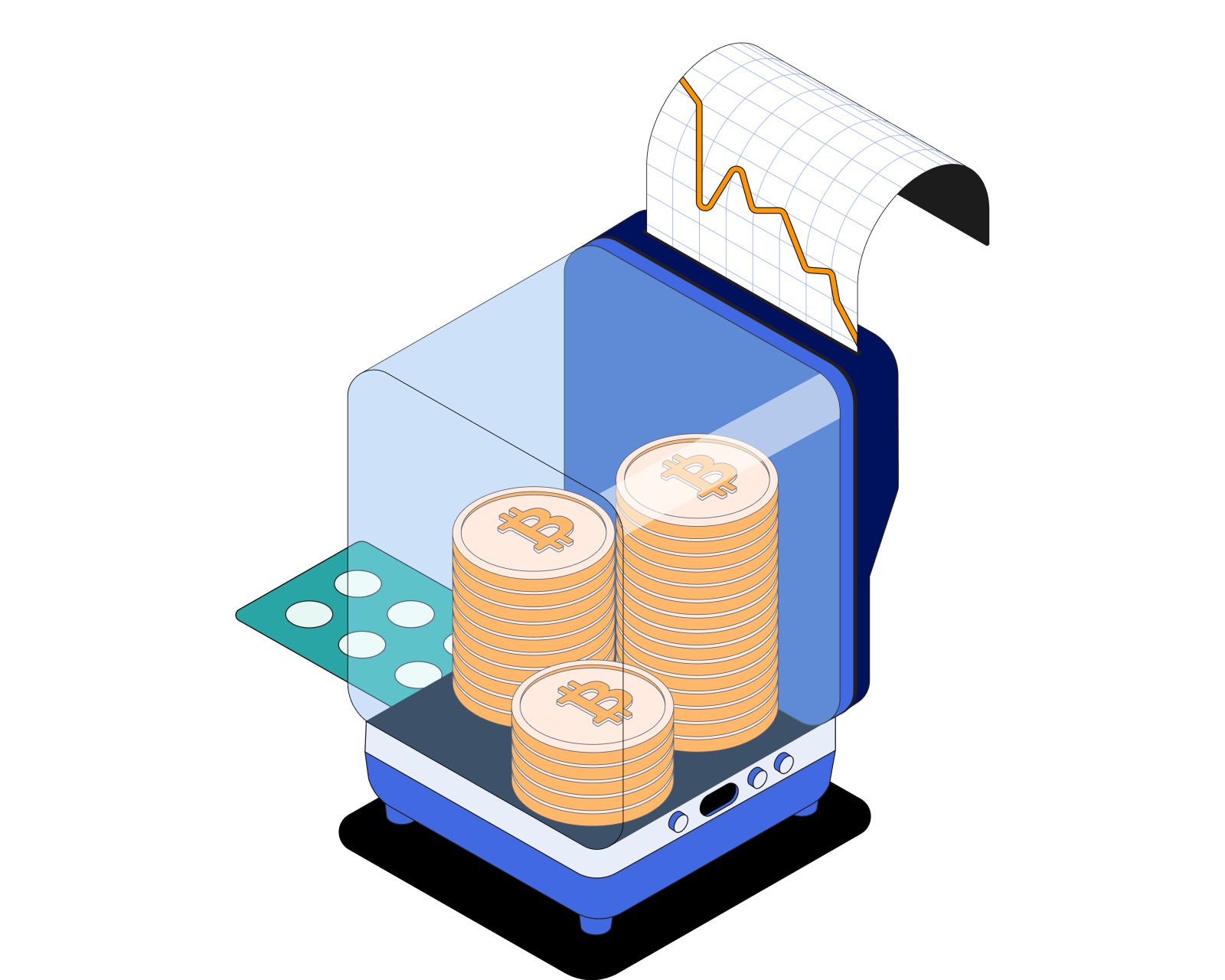
Staking Income Tax Reporting Guide 2026
Staking rewards are taxable in most jurisdictions and must be reported correctly. This guide explains IRS, CRA, HMRC, and ATO rules for staking income, covering taxable events, fair market value tracking, and compliance strategies.

Staking Income Tax Reporting Guide 2026
Staking rewards are taxable in most jurisdictions and must be reported correctly. This guide explains IRS, CRA, HMRC, and ATO rules for staking income, covering taxable events, fair market value tracking, and compliance strategies.
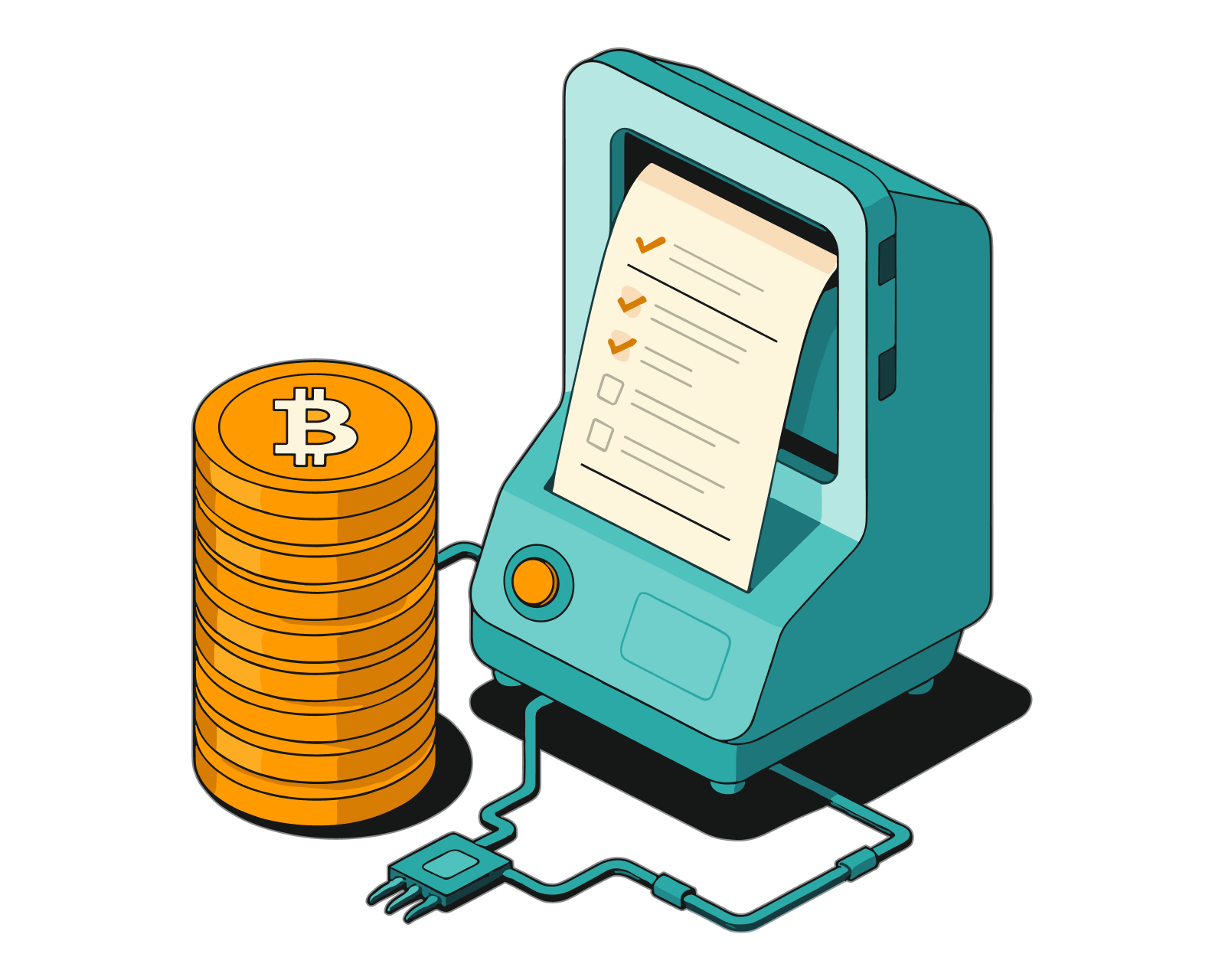
Yield Farming Tax Reporting Guide 2026
Yield farming rewards are taxable income in most jurisdictions. This guide explains how to classify DeFi rewards, track fair market value, calculate capital gains, and report yield farming income correctly.

Yield Farming Tax Reporting Guide 2026
Yield farming rewards are taxable income in most jurisdictions. This guide explains how to classify DeFi rewards, track fair market value, calculate capital gains, and report yield farming income correctly.
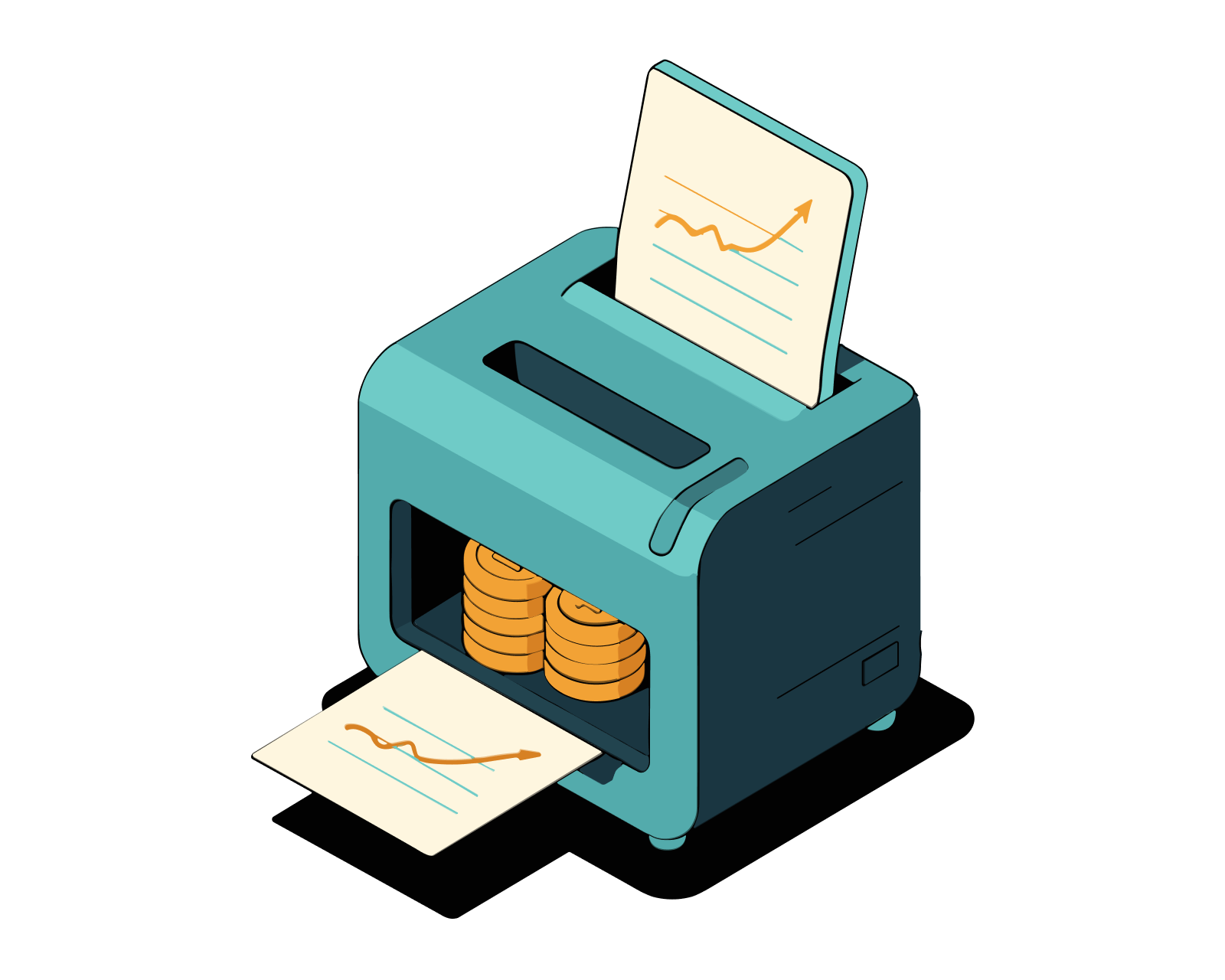
Crypto Rewards Tax Guide 2026
From staking and mining to DeFi yield farming and NFTs, crypto rewards can create taxable income. This guide explains how different rewards are taxed globally and how to report them correctly.

Crypto Rewards Tax Guide 2026
From staking and mining to DeFi yield farming and NFTs, crypto rewards can create taxable income. This guide explains how different rewards are taxed globally and how to report them correctly.
STAY AHEAD IN CRYPTO
Stay ahead in crypto with our weekly newsletter delivering the insights that matter most
Weekly crypto news, curated for you
Actionable insights and educational tips
Updates on products fueling economic freedom
No spam. Unsubscribe anytime.
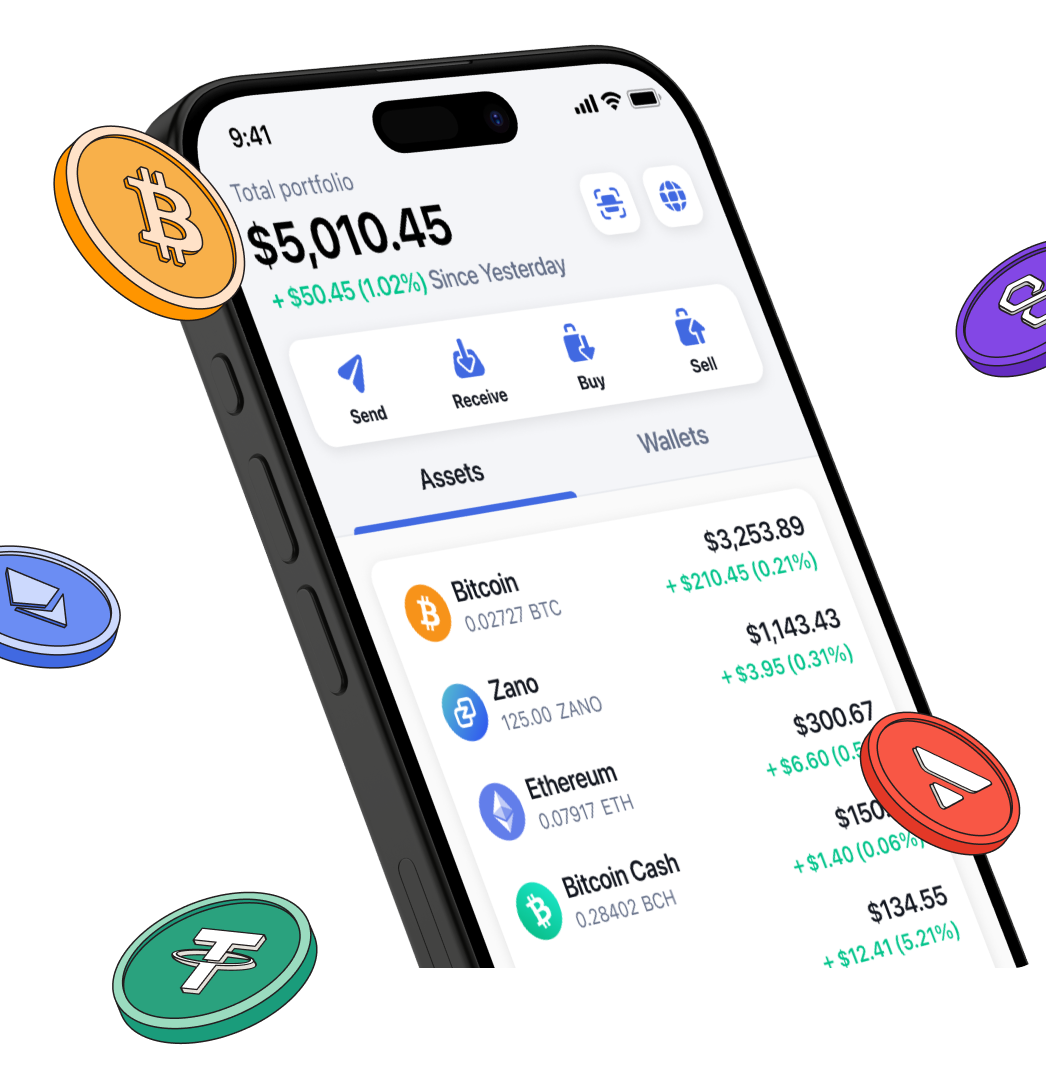
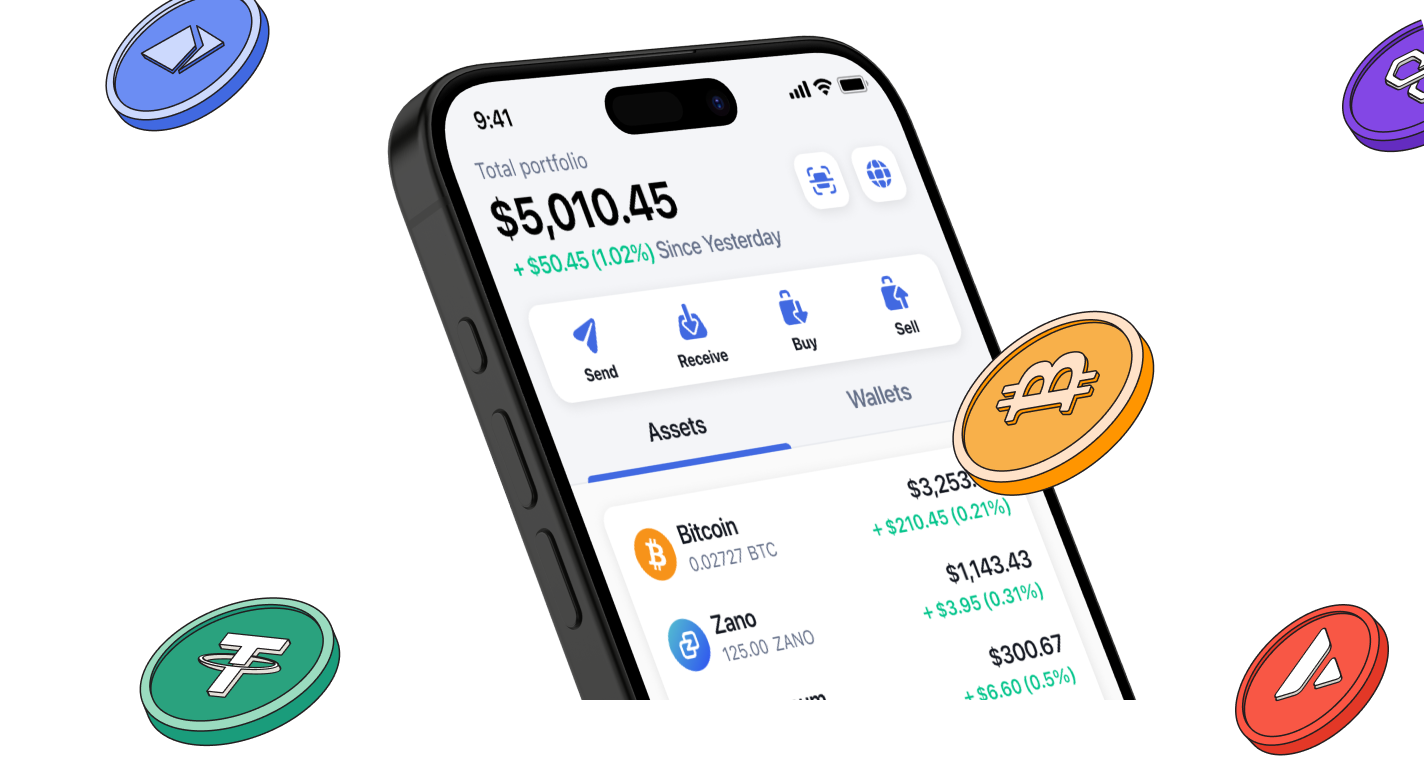
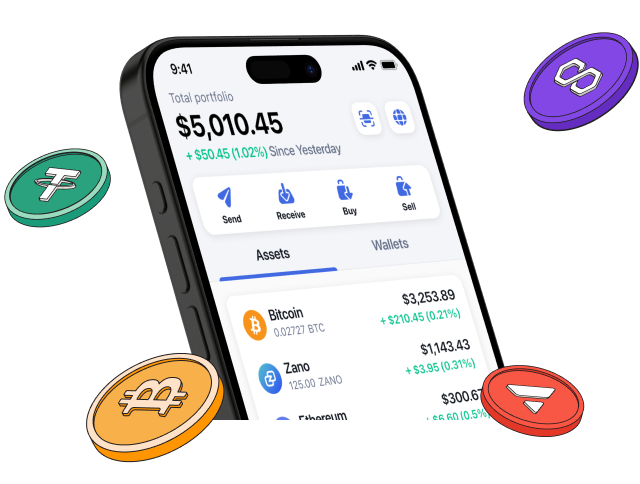
Start investing safely with the Bitcoin.com Wallet
Over wallets created so far
Everything you need to buy, sell, trade, and invest your Bitcoin and cryptocurrency securely

© 2026 Saint Bitts LLC Bitcoin.com. All rights reserved


